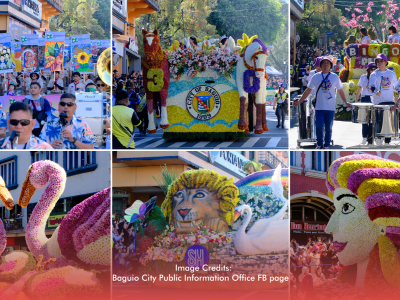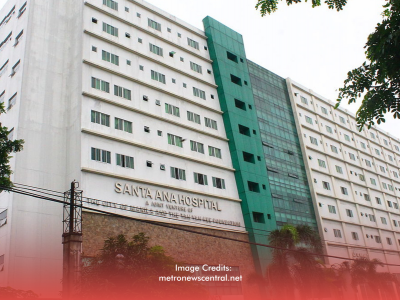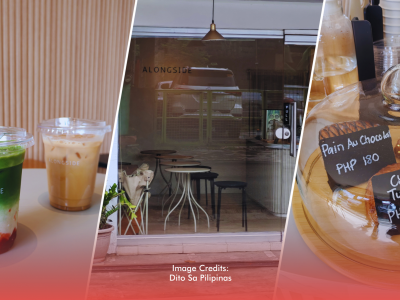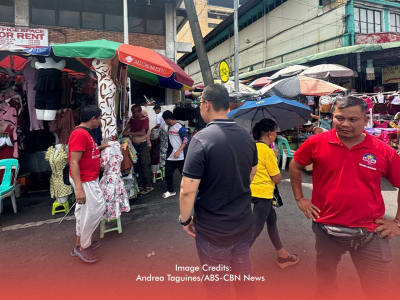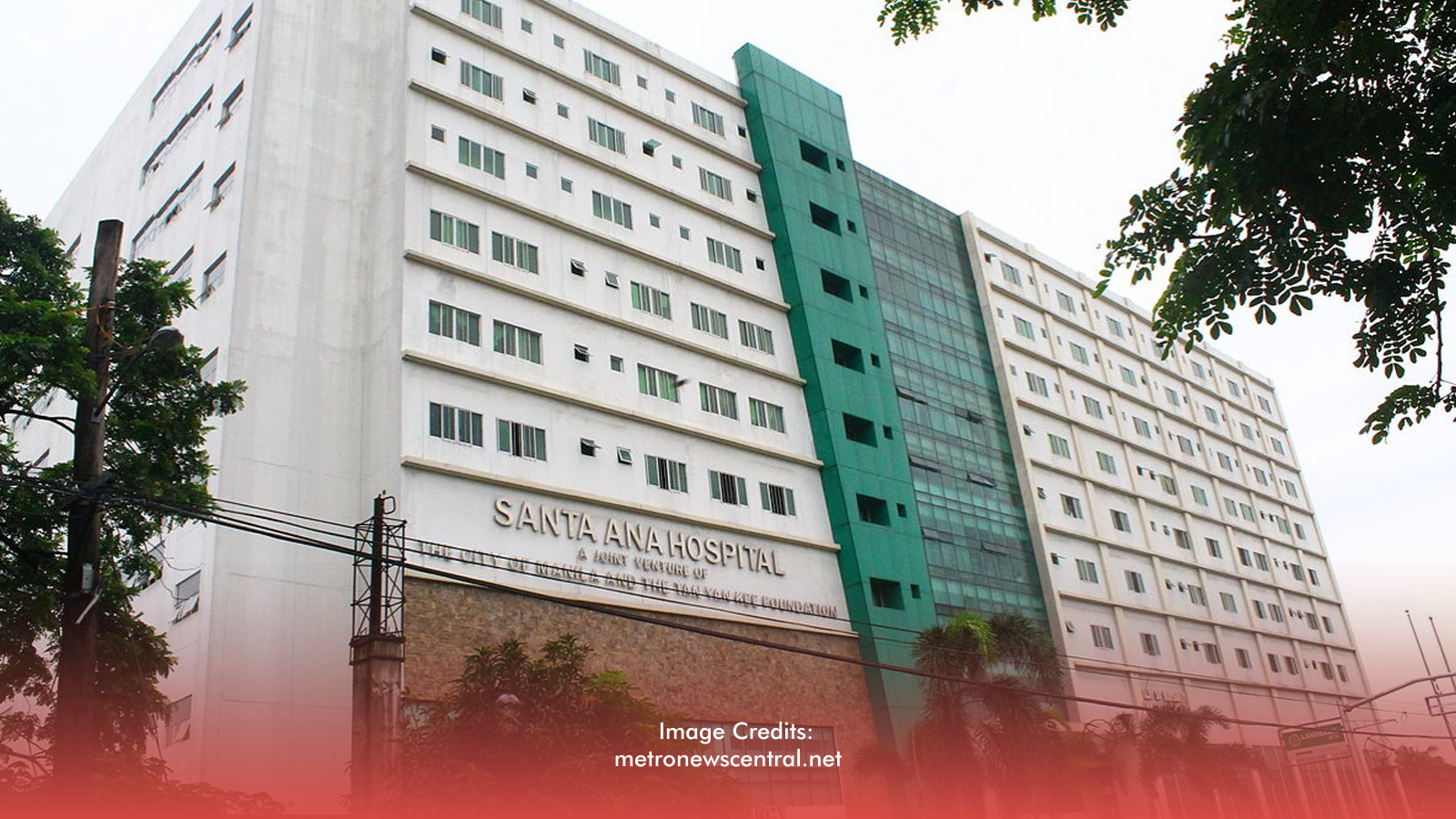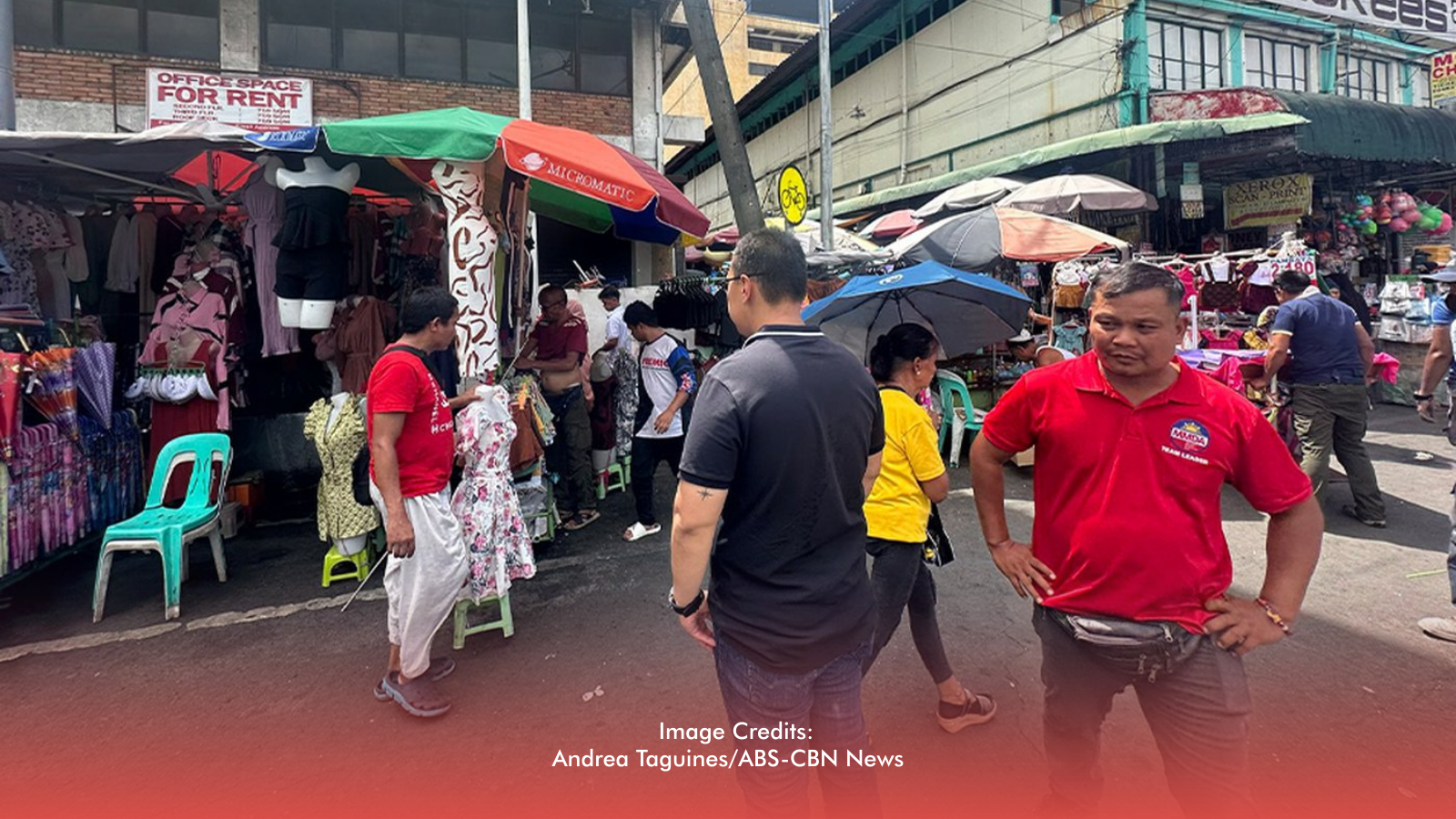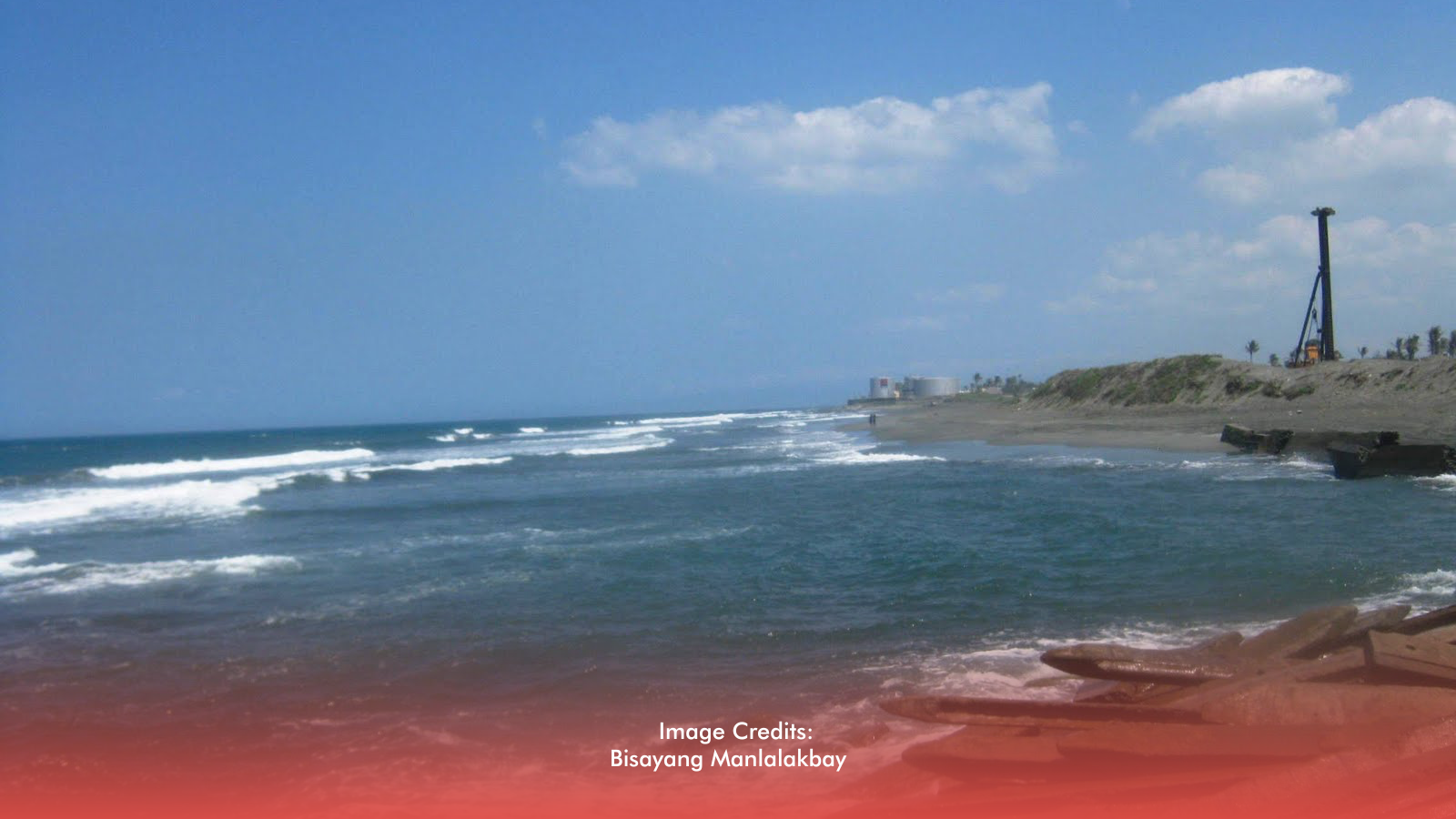In a quiet corner of Narra District Jail, in Narra, Palawan, a new kind of rehabilitation is taking root. Through the “Gulayan ng Pag-Asa” (Garden of Hope) program, persons deprived of liberty (PDLs) are learning to grow not only vegetables—but also a renewed sense of purpose.
The program, launched in partnership with the Rotaract Club of Puerto Princesa City, focuses on hydroponic farming. With training and financial support, inmates have started cultivating lettuce seedlings inside the facility, using soil-free techniques that conserve space and resources.
“This initiative aligns with our broader goal to promote sustainable practices and support local communities,” said Senior Jail Officer 2 Marlon Lolong, acting warden of the Narra District Jail. He noted that beyond livelihood training, the program instills discipline and hope among PDLs.
Sowing Skills for a Fresh Start
BJMP Mimaropa Regional Information Officer Jail Officer 3 Joefrie Anglo emphasized the long-term benefits. “Engaging in agricultural work gives PDLs practical skills they can use once they rejoin society,” he said. “It’s about rehabilitation, not just confinement.”
The initiative forms part of the Bureau of Jail Management and Penology’s (BJMP) wider efforts to introduce sustainable farming across detention facilities in the region. The goal: equip inmates with valuable skills and give them a meaningful way to contribute—even behind bars.
Cultivating Hope Behind Walls
Through their involvement in “Gulayan ng Pag-Asa,” inmates are not just growing crops—they’re rebuilding their identities. The act of nurturing plants offers a sense of routine, responsibility, and healing, allowing participants to reflect and plan for a life after incarceration.
With strong community support and a clear vision for rehabilitation, the Narra District Jail is turning over a new leaf. Inside its walls, a garden is growing—and with it, the hopes of those tending it.


